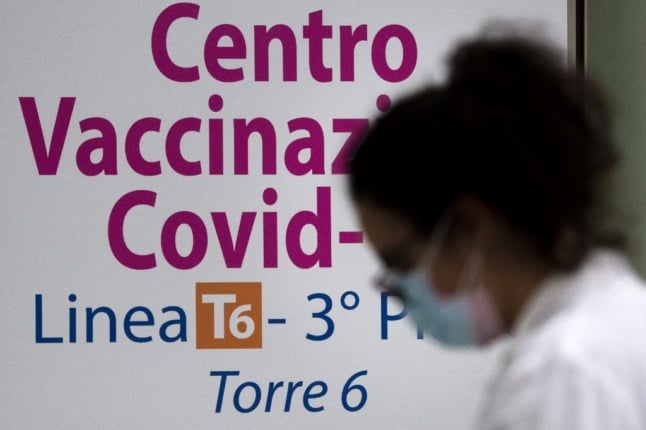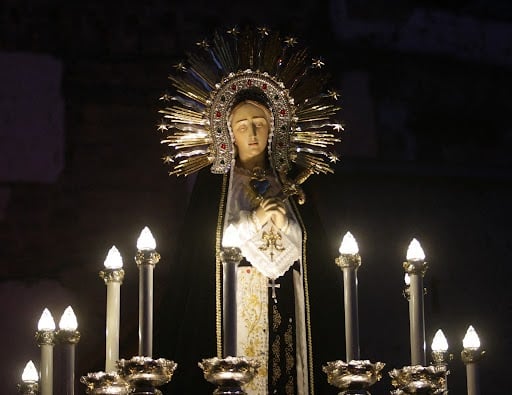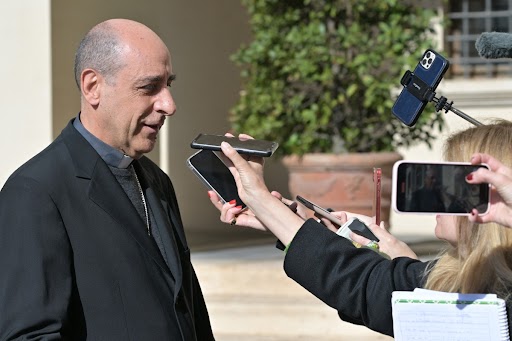“The attacks are ongoing, the situation is very serious indeed,” regional governor Nicola Zingaretti told a press conference on Monday, as the head of Italy’s intelligence agency was called in to address parliament’s security committee on the incident.
The hack, “by persons unknown… from outside the country”, was launched on Saturday night and brought vaccine bookings to a halt, Zingaretti confirmed.
Jabs already reserved until August 13th would go ahead, he said.
READ ALSO: Italy says whole population will be vaccinated by end of September
“The attack was very powerful… Probably the most serious ever launched on our national territory,” Zingaretti said, describing the hackers as “criminal or terrorist”.
All computer servers in the regional government in Lazio have been shut down in a bid to stop the virus spreading.
The region’s website, www.regione.lazio.it, was still down on Monday evening.
The site for booking vaccinations was also unavailable.

The attackers used ransomware, a form of malware that encrypts the victim’s files, a regional official said.
A ransom, usually in bitcoins, is demanded in exchange for the key to decrypt the data.
However, no ransom request had yet been made for the Lazio website, Zingaretti said.
The attack is believed to have been launched from Germany, newspaper La Repubblica reports, and hackers are thought to have gained access to the regional network via a computer belonging to a government agency employee which “had been left open”.
The system holds data on “all citizens” in the capital region, Repubblica writes, including “the entire ruling class of the country, from (President) Mattarella to (Prime Minister) Draghi”
Some 66 percent of the adult population in Lazio have been vaccinated, according to officials.
Nationwide, 60 percent of Italy’s population over 12 years old has been fully vaccinated, with 68.5 million total doses administered.
In June the Italian government set up a new agency specialised in cybersecurity in order to fight an increasing number of attacks on official systems.




 Please whitelist us to continue reading.
Please whitelist us to continue reading.
Member comments